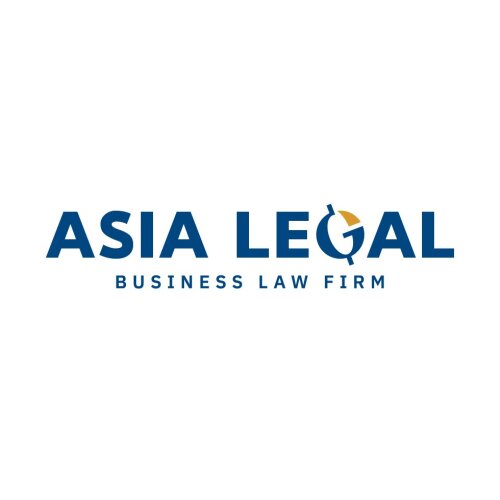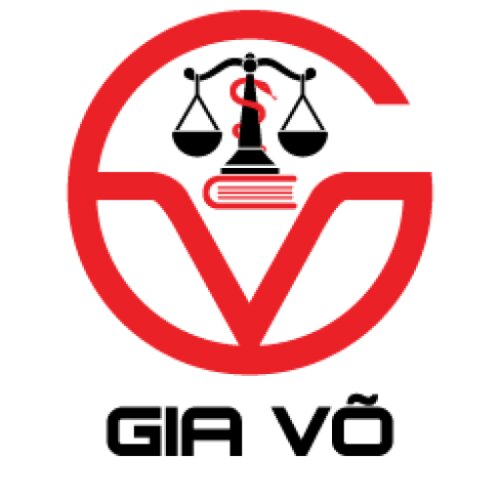Best Land Use & Zoning Lawyers in Hanoi
Share your needs with us, get contacted by law firms.
Free. Takes 2 min.
Free Guide to Hiring a Real Estate Lawyer
List of the best lawyers in Hanoi, Vietnam
About Land Use & Zoning Law in Hanoi, Vietnam:
Land Use & Zoning Law in Hanoi, Vietnam is a set of regulations that govern the use and development of land in the city. It determines how land can be used, what types of buildings can be constructed, and the regulations surrounding land ownership. The law aims to ensure orderly and sustainable land development while protecting the public interest.
Why You May Need a Lawyer:
Seeking legal assistance in Land Use & Zoning in Hanoi, Vietnam is important in various situations. Some common scenarios where you may require a lawyer include:
- Applying for land use rights or permits for development projects
- Understanding complex zoning regulations and determining land usage possibilities
- Resolving disputes with neighbors or local authorities regarding land use
- Seeking advice on land contracts, leases, or property transactions
- Challenging decisions made by the local authorities regarding land use
Local Laws Overview:
The key aspects of local laws relevant to Land Use & Zoning in Hanoi, Vietnam include:
- The Land Law, which regulates land ownership, land use rights, and land-related transactions
- The Zoning Ordinance, which divides Hanoi into different zones based on land use purposes
- The Construction Law, which outlines the requirements and procedures for building construction
- The Environmental Protection Law, which addresses environmental considerations related to land use and development
Frequently Asked Questions:
1. Can foreigners own land in Hanoi, Vietnam?
No, under current laws, foreigners are not allowed to own land in Vietnam. However, they can obtain land use rights through lease agreements or by forming a legal entity in Vietnam.
2. What is the process of obtaining land use rights in Hanoi?
To obtain land use rights in Hanoi, you typically need to submit an application to the local Department of Natural Resources and Environment. The process involves providing necessary documents, paying fees, and meeting specific criteria based on the intended land use.
3. What are the penalties for violating zoning regulations?
Violating zoning regulations can result in penalties, including fines, suspension of construction activities, and even forced demolition of unauthorized structures. It is important to ensure full compliance with zoning regulations to avoid legal consequences.
4. Can I change the land use purpose of a property in Hanoi?
Changing the land use purpose of a property in Hanoi is possible but subject to specific conditions and procedures. It typically requires obtaining approval from the local authorities and may involve assessments of the environmental impact and public interest considerations.
5. How can I resolve a land use dispute with my neighbor?
If you have a land use dispute with your neighbor, you should first try to resolve it through negotiation and communication. If an agreement cannot be reached, it may be necessary to seek legal assistance. A lawyer can help you understand your rights, gather evidence, and guide you through dispute resolution avenues, such as mediation or litigation.
Additional Resources:
For further information or assistance related to Land Use & Zoning in Hanoi, Vietnam, consider consulting the following resources:
- The Ministry of Natural Resources and Environment
- The Hanoi Department of Natural Resources and Environment
- The Hanoi Construction Department
- The Hanoi Bar Association
Next Steps:
If you require legal assistance in Land Use & Zoning in Hanoi, Vietnam, it is advisable to contact a qualified lawyer specializing in this field. They can provide personalized advice based on your specific situation and guide you through the legal processes involved.
Lawzana helps you find the best lawyers and law firms in Hanoi through a curated and pre-screened list of qualified legal professionals. Our platform offers rankings and detailed profiles of attorneys and law firms, allowing you to compare based on practice areas, including Land Use & Zoning, experience, and client feedback.
Each profile includes a description of the firm's areas of practice, client reviews, team members and partners, year of establishment, spoken languages, office locations, contact information, social media presence, and any published articles or resources. Most firms on our platform speak English and are experienced in both local and international legal matters.
Get a quote from top-rated law firms in Hanoi, Vietnam — quickly, securely, and without unnecessary hassle.
Disclaimer:
The information provided on this page is for general informational purposes only and does not constitute legal advice. While we strive to ensure the accuracy and relevance of the content, legal information may change over time, and interpretations of the law can vary. You should always consult with a qualified legal professional for advice specific to your situation.
We disclaim all liability for actions taken or not taken based on the content of this page. If you believe any information is incorrect or outdated, please contact us, and we will review and update it where appropriate.

















